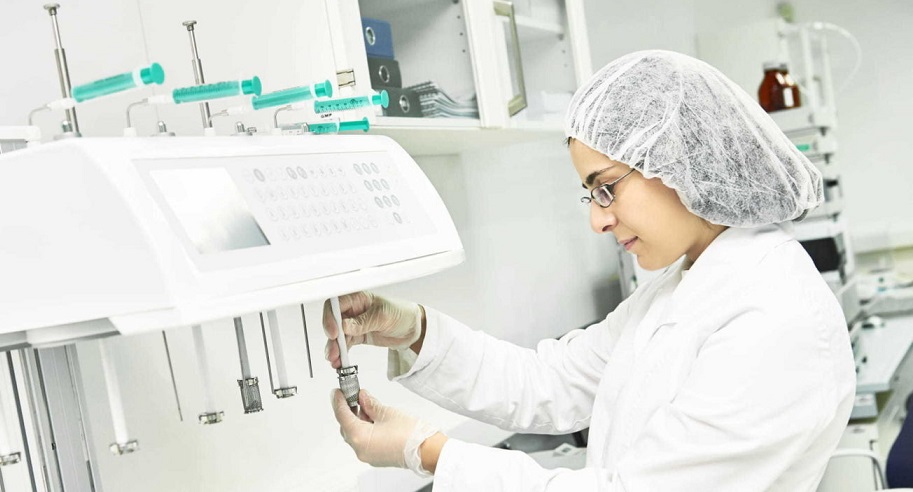

The ISO 10993-23 standard, developed by the International Standards Organization (ISO), provides a test procedure for evaluating medical devices and their components for their potential to cause irritation. These tests are designed to detect and classify the irritating potential of medical devices, materials or their extracts according to ISO 10993-1 and ISO 10993-2 standards.

Essentially, this standard covers:
Briefly, this standard considers potential irritating contact hazards from medical equipment. Some medical device materials tested were found to have the potential for skin or mucosal irritation. In this respect, manufacturers are obliged to evaluate each device in terms of negative effects when it comes into contact with human tissue before marketing.
The potential for irritation of a medical device or its components is generally detected in two ways:
Evaluation of biological safety is an important step in demonstrating the safety of a medical device. Generally, manufacturers use the ISO 10993 series of standards to assess the potential biological risks of medical devices. The ISO 10993-23 standard is the section published in 2021 for the evaluation of the irritant potential of medical devices, materials or their extracts. This standard concerns all medical devices that come into direct or indirect contact, regardless of the nature and duration of body contact.
The ISO 10993-23 standard follows a five-step approach:
Again, manufacturers must evaluate each device for potential adverse effects prior to marketing. The potential for irritation of a medical device or its components can be estimated in vivo or in vitro if suitable for use with medical devices. This new standard emphasizes three points for the biological evaluation of medical devices: modification, reduction and improvement of animal studies. This is an approach known as 3R for short (replacement, reduction, and refinement). In fact, this approach is not new, it reinforces the animal welfare issues that already exist in the ISO 10993-2 standard.
By the way, before the ISO 10993-2 standard was published, both sensitivity and irritation test recommendations were included in the ISO10993-10 standard. With this new standard, sensitivity and irritation are now applied as different standards.
Biological evaluation of medical devices - test services for irritation, within the framework of national and international standards, within the scope of EN 10993-23 standard, with its trained and expert staff and advanced technological equipment, among the numerous test, measurement, analysis and evaluation studies it provides for businesses in various sectors. also gives.
To get an appointment, to get more detailed information or to request an evaluation, you can ask us to fill in our form and reach you.